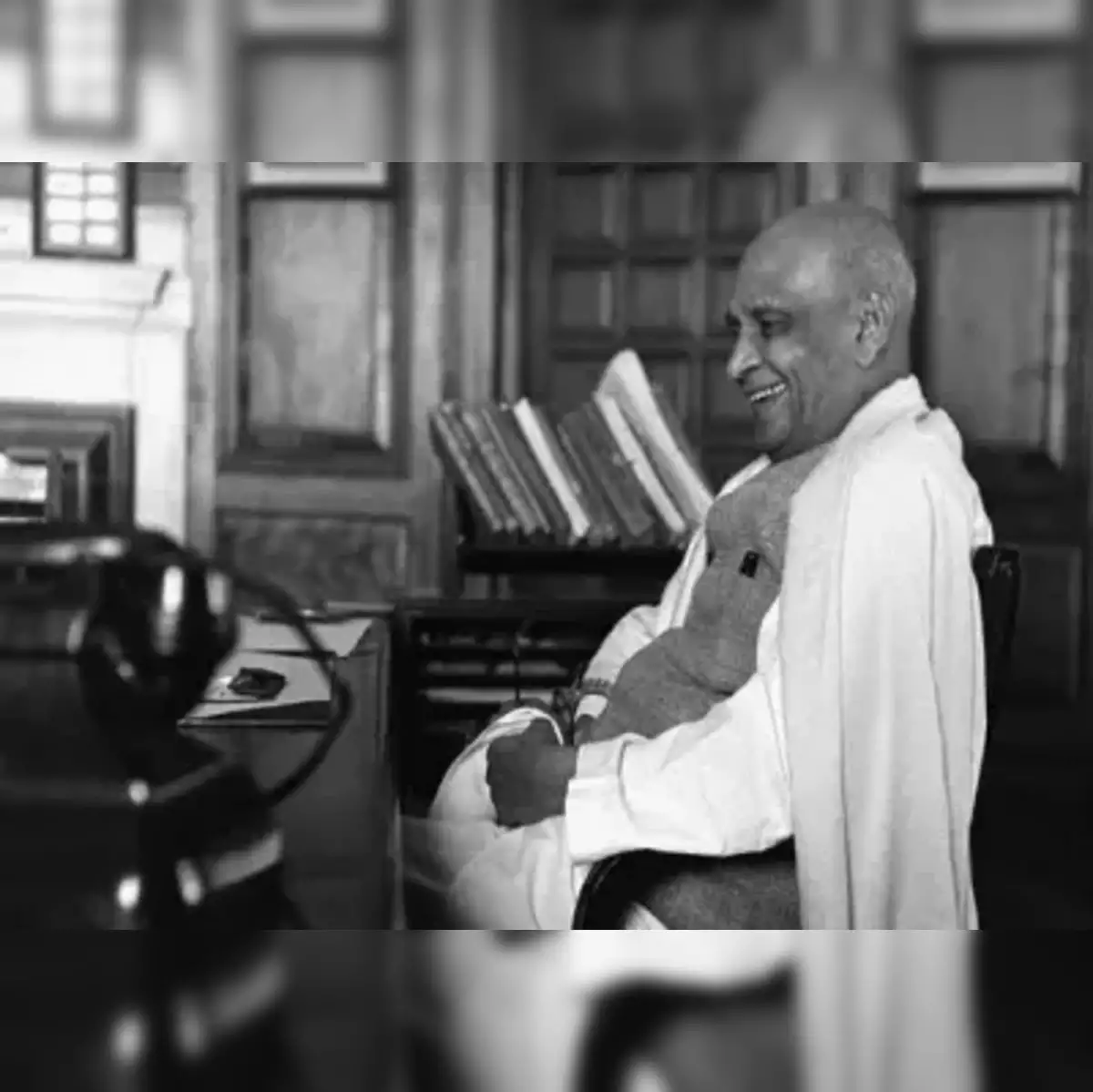
Sardar Vallabhbhai Patel: The Iron Man of India
Sardar Vallabhbhai Patel, fondly remembered as the Iron Man of India, was a towering figure in the country’s struggle for independence and a key architect of its post-independence unity and integration. His unwavering resolve, strategic acumen, and commitment to the idea of a united India earned him the respect and admiration of millions. In this blog, we delve into the life, legacy, and contributions of Sardar Vallabhbhai Patel to the Indian nation.
Early Life and Education
Vallabhbhai Patel was born on October 31, 1875, in Nadiad, Gujarat, into a humble farming family. His early years were marked by hardship and struggle, but he displayed exceptional intelligence and determination. Patel pursued his legal studies in England, where he qualified as a barrister, and upon his return to India, he established a successful legal practice in Ahmedabad.
Role in the Freedom Struggle
Inspired by the ideals of the Indian National Congress and the leadership of Mahatma Gandhi, Patel plunged into the freedom struggle with fervor and dedication. He emerged as a skilled organizer and mobilizer, leading peasants and farmers in protests against unjust taxation and British oppression. Patel’s leadership during the Bardoli Satyagraha of 1928, where he successfully led a nonviolent resistance movement against oppressive land taxes, earned him the title of Sardar (leader).
Architect of Indian Unity
One of Patel’s most remarkable achievements was his role in the integration of princely states into the Indian Union following independence. With more than 500 princely states scattered across the subcontinent, each with its own ruler and aspirations, the task of unifying India seemed daunting. However, Patel’s vision, determination, and diplomatic skill prevailed, as he negotiated with princely rulers and persuaded them to accede to India.
Instrumental in Partition
While Patel is celebrated for his role in unifying India, he was also deeply involved in the partition of the country. As the chairman of the Partition Committee, Patel worked tirelessly to ensure the smooth and orderly division of British India into India and Pakistan. Despite his opposition to partition on principle, Patel recognized the political realities of the time and strove to minimize the bloodshed and displacement that accompanied the partition.
First Deputy Prime Minister and Home Minister
Following independence in 1947, Patel was appointed as the Deputy Prime Minister and the first Home Minister of independent India. In these roles, he played a pivotal role in shaping India’s domestic and foreign policies, with a focus on nation-building, administrative reform, and national security. Patel’s no-nonsense approach and iron-fisted leadership earned him the nickname “Iron Man of India.”
Legacy and Contributions
Sardar Vallabhbhai Patel’s contributions to India are manifold and enduring. His efforts to unify the country laid the foundation for a strong, united, and cohesive nation, despite its immense diversity. Patel’s administrative acumen and vision for a modern, democratic India continue to shape the country’s institutions and governance to this day.
Patel’s Enduring Legacy
Sardar Vallabhbhai Patel’s life and legacy exemplify the ideals of courage, integrity, and selflessness. His unwavering commitment to the unity and integrity of India continues to inspire generations of Indians and leaders around the world. As we reflect on Patel’s remarkable journey, let us honor his memory by upholding the values of unity, diversity, and democracy that he cherished, and by working together to build a better, brighter future for our nation.













